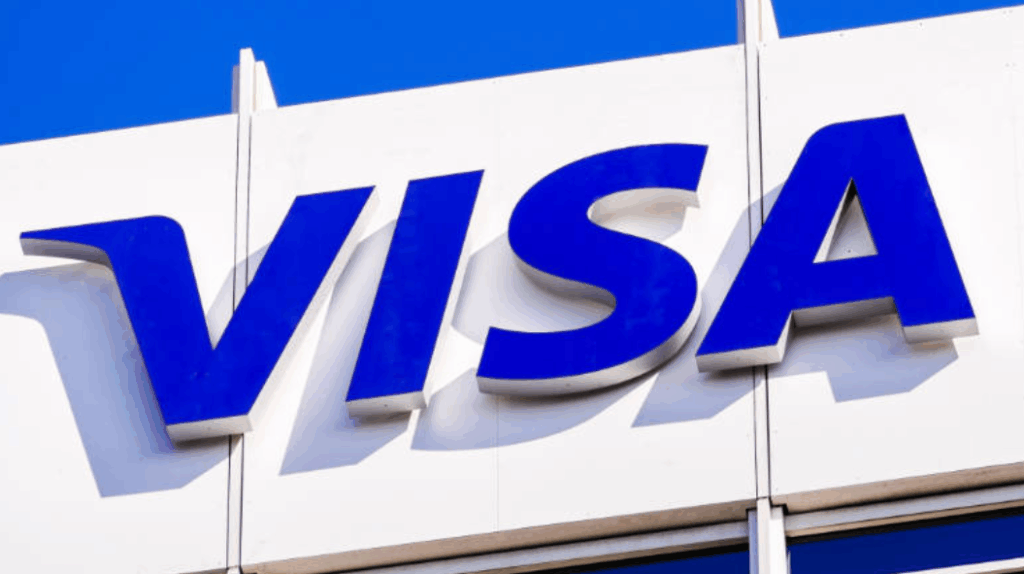- Visa launched stablecoin-linked cards in six Latin American countries through a partnership with Bridge.
- The cards let users spend USDC like regular cash anywhere Visa is accepted.
- Visa plans to expand stablecoin payments to Europe, Africa, and Asia in the coming months.
In what might be one of the more low-key but huge moves for crypto adoption, Visa just launched stablecoin payments in Latin America. Yup — it’s official. The payments giant is teaming up with Bridge, a startup under Stripe’s wing, to roll out stablecoin-linked Visa cards in Mexico, Argentina, and four more countries across the region.
These cards will let folks spend US dollar-backed stablecoins on everyday stuff, just like they would with a normal debit card. Whether it’s groceries, gas, or a haircut — if they accept Visa, you’re good.
Visa Wants Stablecoins to Be “Just Money”
Visa’s not new to the crypto game. Earlier this year, they were reportedly chatting with OpenAI’s Sam Altman about launching a crypto wallet — so yeah, they’ve been circling the space for a while.
Now, they’re making it real. With this new card, users will be able to use their stablecoin balance directly at any place that takes Visa. No extra steps, no weird conversion fees, no friction.
Jack Forestell, Visa’s chief of product and strategy, said the goal is to “integrate stablecoins into Visa’s existing networks… in a frictionless and secure way.” Basically: make them feel like regular money, just faster and smarter.
Starting in Latin America, Expanding Fast
The launch covers Argentina, Colombia, Ecuador, Mexico, Peru, and Chile to start. But this isn’t some small trial — they’re eyeing Europe, Africa, and Asia for future rollouts in the coming months.

“Partnering with Bridge represents a big step in making stablecoins usable in everyday life,” Forestell added. And he’s right — this could make stablecoins way more practical for folks who’ve only ever seen them as speculative tools.
For now, this card could be one of the cleanest bridges between digital money and the real world — and Visa seems ready to push it everywhere.

















